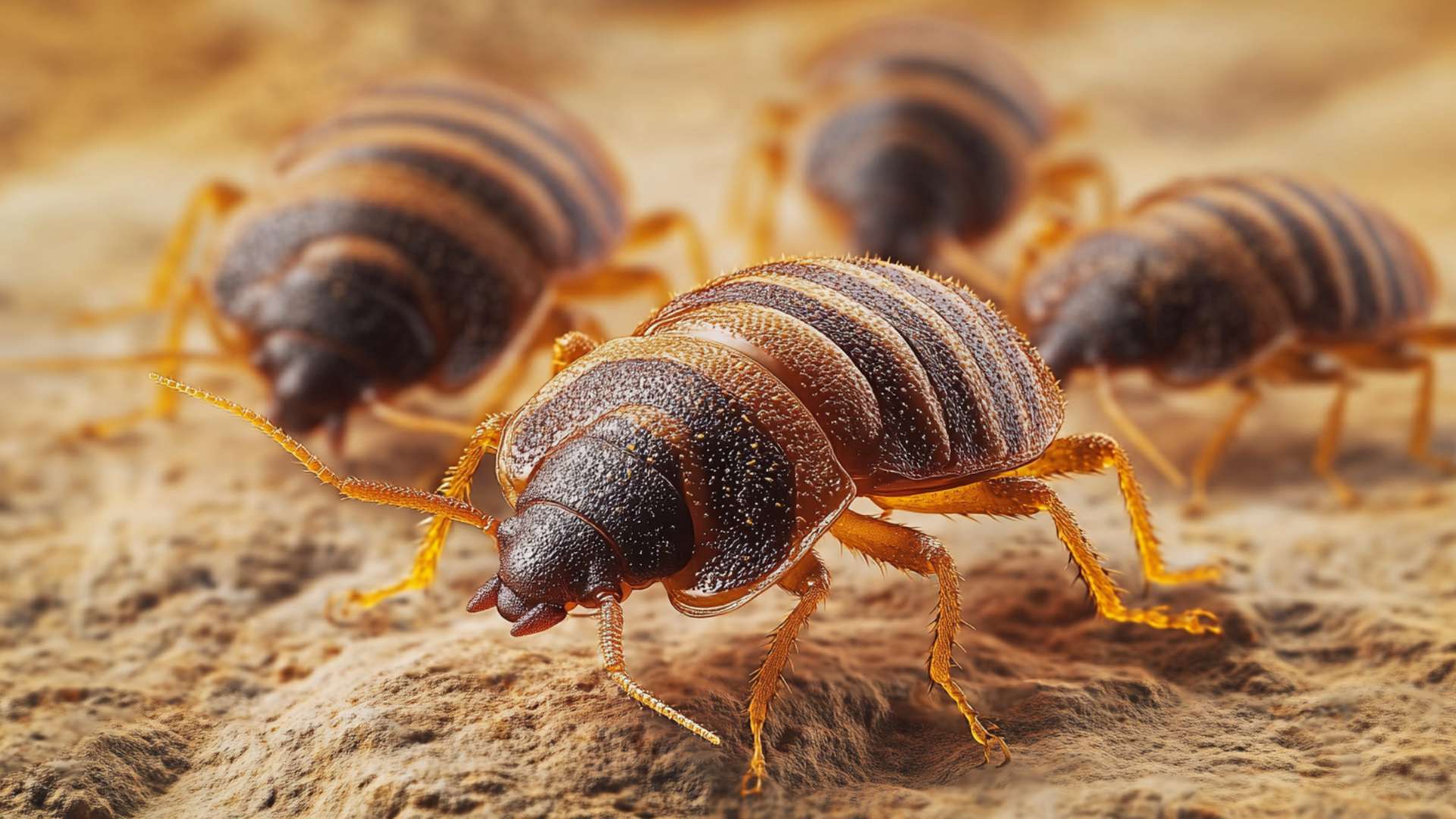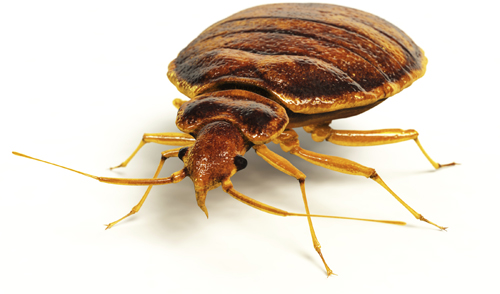Kings Cincinnati Pest Control Companies: Reliable Services
Kings Cincinnati Pest Control Companies: Reliable Services
Blog Article
A Breakdown of the Various Kinds Of Pest Control Solutions
In the world of pest control, a plethora of techniques exist to combat the visibility and deal with of undesirable creatures. As we browse with the diverse landscape of parasite control options, comprehending the ins and outs of each technique comes to be critical in determining the most efficient course of activity.
Chemical Pesticides
Chemical chemicals are frequently used in bug control to effectively get rid of a large range of insects and other parasites. These pesticides work by targeting the nerve system of the insects, interrupting their regular functions, and eventually leading to their demise. Making use of chemical pesticides has actually been a staple in the insect control market for years due to their effectiveness and fast outcomes.

Nevertheless, it is important to use chemical pesticides with care as a result of their prospective hazardous effects on the setting and non-target types. Improper application or overuse of these chemicals can cause pollution, injury to helpful bugs, and resistance development in bug populations. It is crucial to adhere to safety standards and policies when making use of chemical pesticides for insect control.
Biological Control Methods
Considering the prospective ecological impacts and dangers connected with chemical pesticides, organic control methods provide a more lasting strategy to managing insect populations. Organic control entails making use of natural enemies, such as parasites, predators, and microorganisms, to subdue pest populations. This method is frequently much more targeted, impacting only the certain insect varieties while lessening injury to advantageous insects, humans, and the environment.

One benefit of biological control is its lasting efficiency. As soon as established, all-natural enemies can assist control pest populaces continually without the requirement for duplicated applications of pesticides. Furthermore, organic control is commonly more economical and can help minimize pesticide resistance in insect populaces over time. In general, organic control methods provide a eco pleasant and sustainable option to pest monitoring.

Mechanical Parasite Control
Mechanical pest control involves the physical adjustment or cockroach removal elimination of bugs to manage their populations effectively. This method is often used combined with other insect control strategies for comprehensive parasite administration. One typical example of mechanical parasite control is making use of traps to capture insects or rats. These traps can be established in critical places where insects are known to dwell, aiding to minimize their numbers.
An additional mechanical technique is the use of obstacles such as nets, displays, or fences to block bugs from More about the author entering details areas. By literally avoiding parasites from accessing a location, the chance of invasions or damages can be considerably lowered. Furthermore, hand-operated methods like handpicking bugs off plants or structures can be reliable for smaller-scale infestations.
While mechanical parasite control approaches can be labor-intensive, they use a non-chemical choice that can be eco-friendly and sustainable. By targeting bugs straight, mechanical control techniques can help keep bug populaces in check without relying on pesticides.
All-natural Solutions
Utilizing natural remedies for bug control supplies a lasting and green strategy to managing insect populations without turning to chemical treatments. All-natural treatments entail making use of materials acquired from plants, minerals, or other naturally occurring sources to deter or eliminate insects. Growing particular natural herbs like basil, mint, or lavender around your residential property can push back pests due to their solid fragrances. Diatomaceous earth, a powder made from fossilized go now algae, can be made use of to battle parasites like ants, roaches, and bed insects by dehydrating their exoskeletons.
Additionally, crucial oils such as tea tree oil or neem oil have insecticidal properties that can properly manage pests while being secure for the atmosphere. One more natural solution is introducing advantageous bugs like ladybugs or praying mantises to your yard to exploit damaging pests. By incorporating these all-natural services right into pest monitoring methods, individuals can reduce their reliance on artificial chemicals and advertise a healthier, more well balanced ecosystem.
Integrated Bug Monitoring
Integrated Parasite Administration (IPM) is a comprehensive strategy that incorporates numerous methods to properly control pest populaces while minimizing dangers to human wellness and the environment. IPM entails the integration of several bug control methods such as biological control, habitat adjustment, alteration of cultural methods, and making use of immune crop ranges. By using a mix of these techniques, IPM aims to minimize dependence on chemical pesticides, which can have negative influence on environments and human wellness.
One key aspect of IPM is the emphasis on prevention. By carrying out actions to prevent pest invasions before they happen, such as preserving appropriate hygiene and securing access factors, the demand for responsive parasite control actions is decreased. Monitoring and normal inspections play an essential function in IPM, enabling for early detection of pest issues and prompt treatment.
Verdict
In verdict, the numerous kinds of bug control options use a series of choices for efficiently managing pest problems. Chemical chemicals supply quick eradication but might have ecological dangers. Biological control methods utilize natural killers to manage insects. Mechanical parasite control involves physical obstacles or traps. Natural solutions use non-toxic alternatives. Integrated Parasite Administration integrates multiple approaches for an alternative method to pest control. Each method has its very own benefits and downsides, and selecting the most ideal service depends on the details insect problem available.
Chemical chemicals are generally utilized in parasite control to efficiently get rid of a wide variety of pests and other insects.Mechanical parasite control involves the physical control or elimination of pests to manage their populaces effectively (Kings Bed bug exterminator Cincinnati).Utilizing natural solutions for parasite control provides a sustainable and environmentally friendly technique to taking care of parasite populations without resorting to chemical interventions.Integrated Insect Administration (IPM) is a detailed strategy that incorporates different approaches to properly control pest populations while minimizing risks to human health and the environment.In final thought, the different types of insect control services provide a variety of choices for efficiently handling insect infestations
Report this page